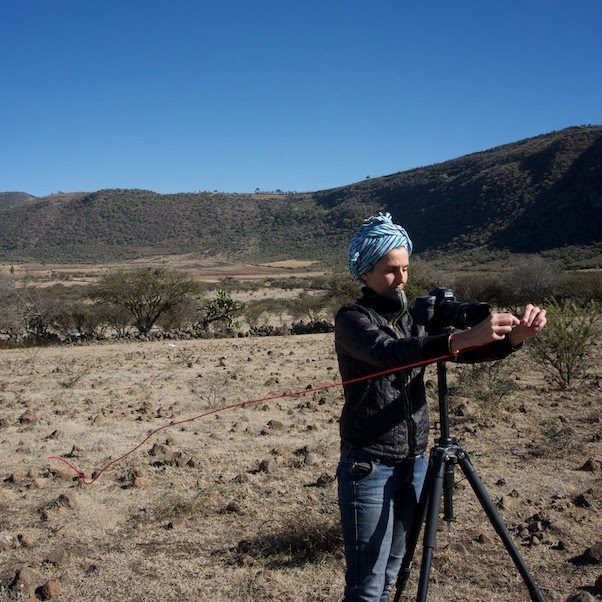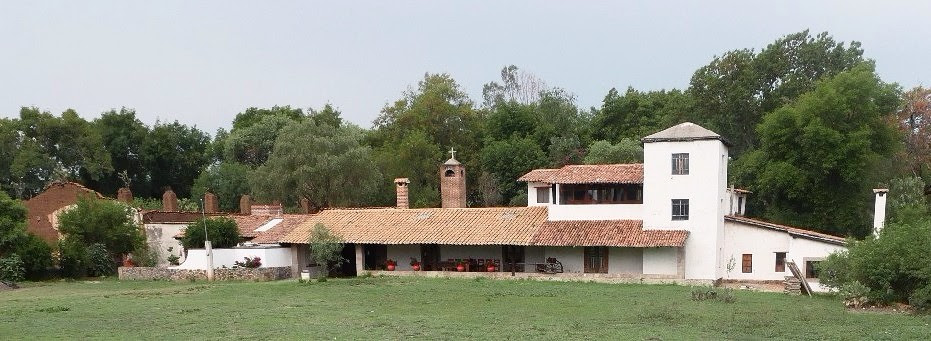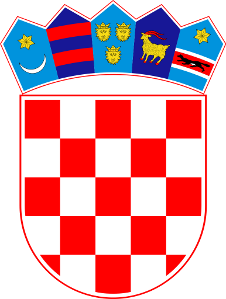A NEW ONLINE COURSE with ecological artist, educator and former scientist, Cathy Fitzgerald PhD
BOOK A PLACE by Friday 6 March 2020.
Course Dates:Â Week 1 of this 6-week course begins on Friday 13 March 2020. The course ends on Wednesday 22 April 2020.
Cost: €89
PLEASE NOTE THIS IS A PILOT ONLINE COURSE FOR A SMALL GROUP OF PARTICIPANTS. THERE WILL 15 PARTICIPANTS ONLY – SO IF YOU ARE INTERESTED, BOOK A PLACE WITHOUT DELAY.
Essential Ecoliteracy for your Creative Practice, Teaching or Work
Feeling overwhelmed, isolated and concerned about the planetary environmental emergency? Do you sense cultural responses are needed for these urgent times? That future arts funding will be increasingly directed to this topic? Do you wish to respond through your creative practice or teach others about this topic but don’t know where to start?
Let’s Face It – Being Ecoliterate Matters for Creatives too!
For everyone, it is hard to ignore the grim reports about environmental decline and the increasing suffering it is causing across the world. Young people are protesting, the scientists warnings are more than alarming, and even cultural institutions are beginning to talk about sustainability goals.Â
As creatives (in all art disciplines), art and craft teachers, art managers, art researchers and cultural policy-writers, you might already be asking:Â
- “How can I approach these urgent realities effectively and confidently in my creative work and for others that I might teach?â€
- “Does this mean I have to learn about science, ecology, climate change, biodiversity, sustainability? “
- “Cathy – I know nothing about these areas! Isn’t it all too complicated!!?â€
Introducing the pilot Essential Ecoliteracy online course
In this supportive, in-depth online course you can learn from home in your own time over a 6-week period.Â
You will connect with myself and others in a weekly online Live Group Meeting.Â
From this course, you will gain confidence and competence for this urgent new topic that is rarely available in contemporary art education, art teacher or curator training or in art administration courses.
My course will help you identify key aspects about this critical topic for your creative work.
- At the end of this course, you will understand how modern civilization, and specifically our some of our cultural activity, has alienated us the living world and accordingly, why new informed cultural work is URGENTLY needed.
- You will more fully appreciate ecological insights from key thinkers and understand how these ideas insist on a necessary paradigm shift in how we think, create and work if ourselves and other species are to survive and thrive.Â
- Importantly, even if you don’t implement all of these ideas immediately, you will understand how ecological understanding radically challenges commonly held ideas of creative practice, current cultural policy and even how we might fund and differently support creative ecological art practice in the future. For example, we will learn why ecological art practices are often collaborative, slow art practices that evolve over time in one place.Â
- THE KEY OUTCOME OF THE COURSE WILL BE TO HELP YOU IDENTIFY VALUES, PRACTICES AND AIMS SO YOU CAN CONFIDENTLY WRITE A CREATIVE STATEMENT FOR YOUR WORK THAT EMBODIES ECOLOGICAL INSIGHT AND KNOWLEDGEÂ
So if you are interested in joining this pilot course, please email me at cathyart@gmail.com to secure your place.



















